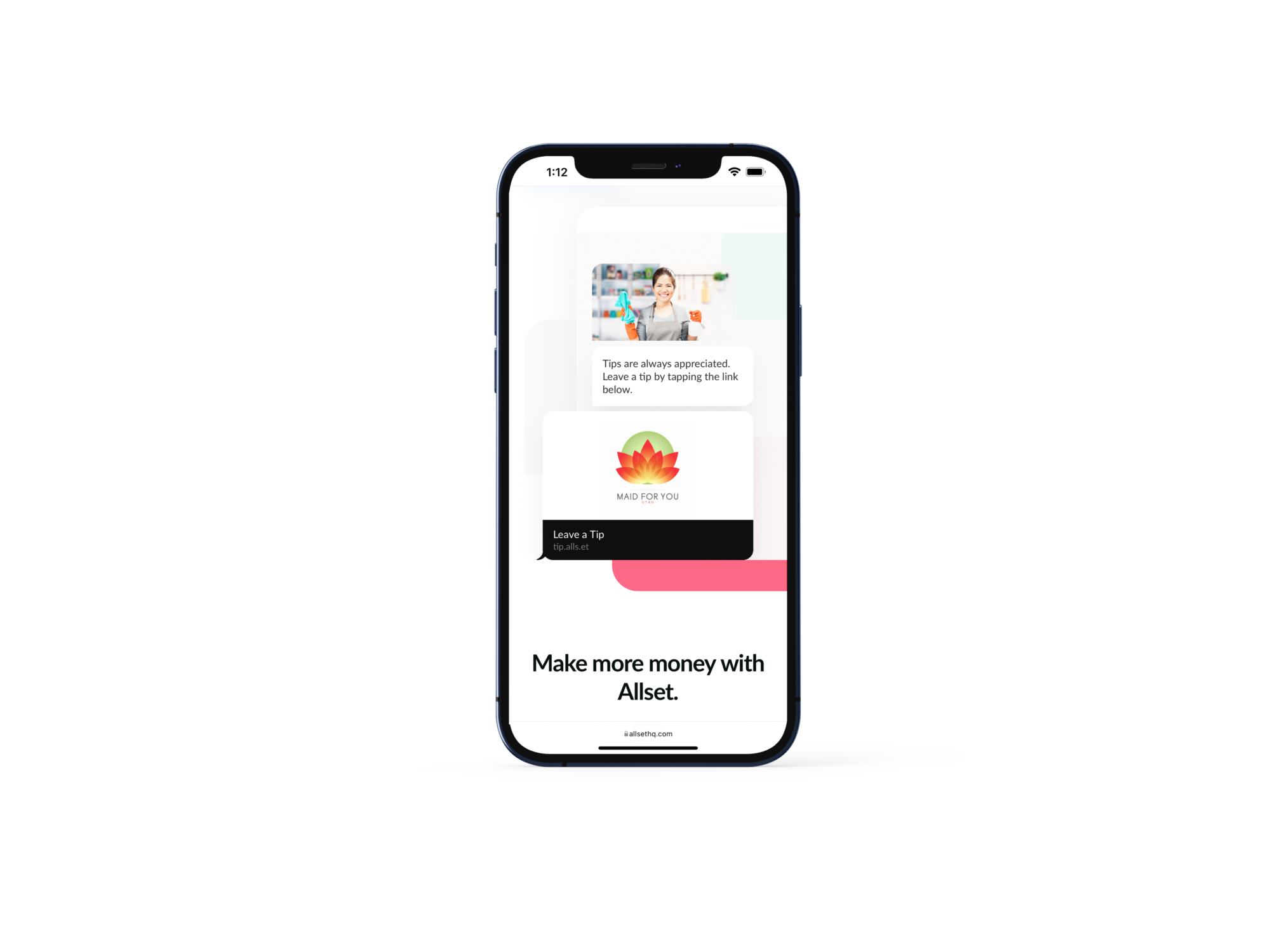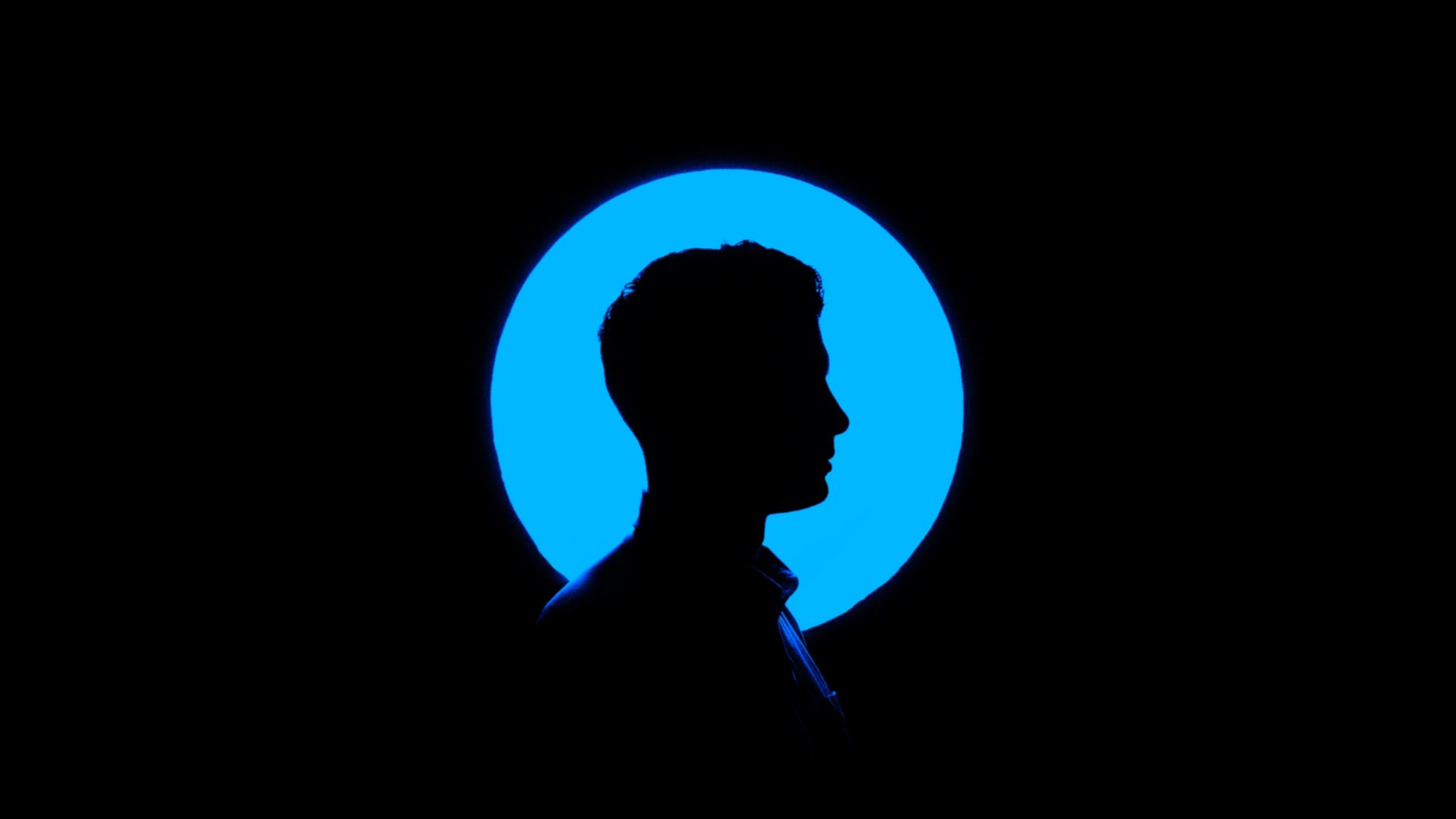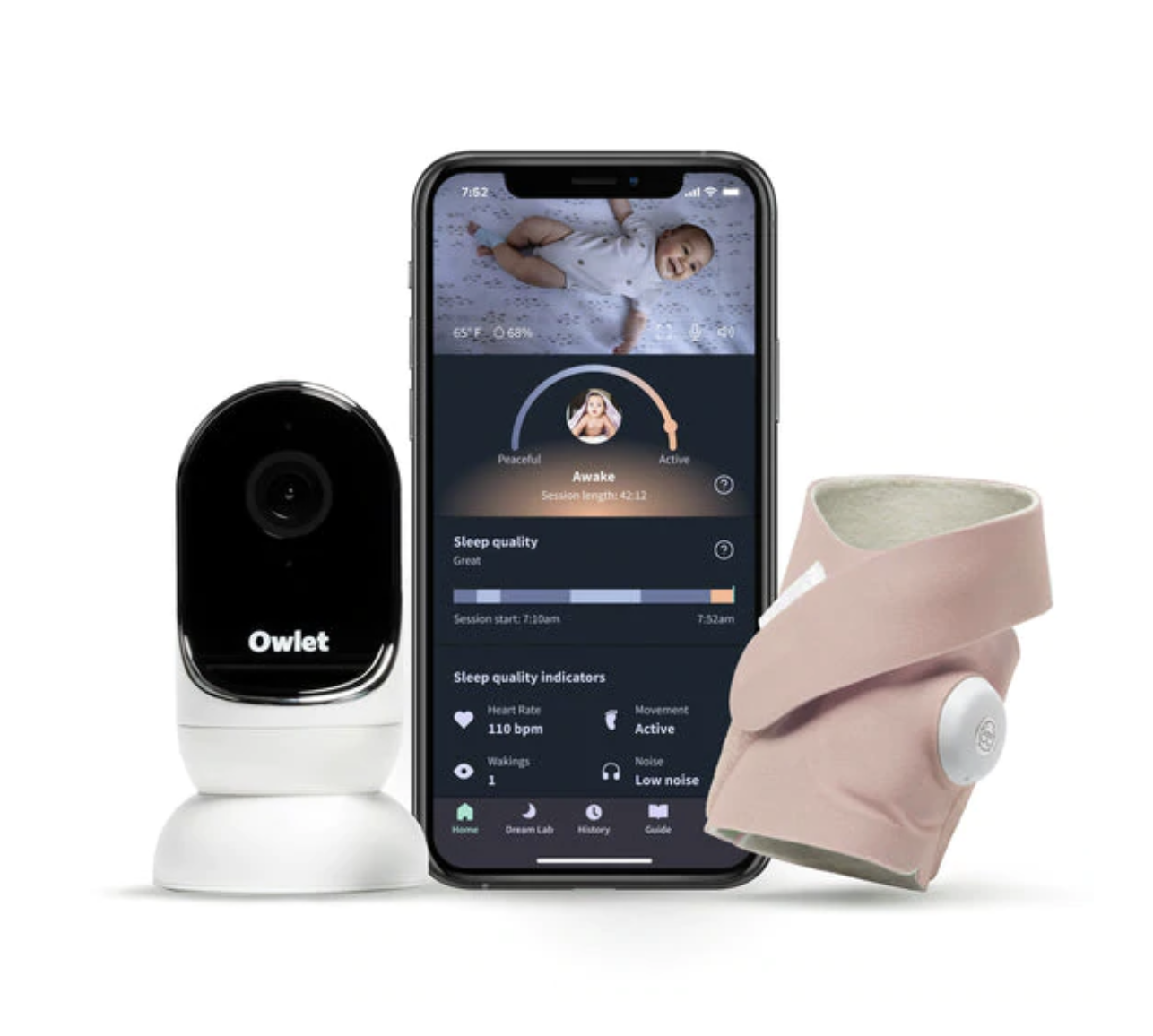
The strangest tech to come out of Utah: March edition
With those oh-so-fun tax deadlines looming and supply chain shortages ever-present—who knew getting some Patrón or Modelo would be such an ordeal?—you’d think Beehivers would be feeling the pinch. You’d be wrong. Utah’s techies haven’t let something as banal as a booze shortage stop them from celebrating their wins. In-state VC funding ballooned a whopping 100 percent in 2021, and so far, 2022 continues that trend. Slap down that Silicon Slopes x America First Visa credit card, and let’s party like we’re done with variants, mmkay?
Keeping with the “Ker-ching!” theme this month, your favorite game—Two Truths and a Lie, the Utah Tech Edition—explores the increasingly wacky world of NFTs (skip to the bottom for the answer).
Out of the following three Utah-owned NFTs, which is the fake one?
1. An NFT for each of the Real Housewives of Salt Lake City
2. An NFT that provides a virtual locker room experience for a Utah-based basketball team
3. An NFT that combines interplanetary art with an IOU ticket to space

Tip via text with Allset
To tip or not to tip—a question more divisive than it sounds, especially when posed to an international audience. Tipping for service is regarded as an insult in Japan. And were you to leave a five-dollar bill on a British bar, the bartender would likely chase you down, assuming you’d forgotten it. Besides, dollars in London? C’mon.
In the good ole USA, however, tipping is often an adjunct to poor wages. While we can all debate why that’s seriously messed up—and why Utah has kept their meager $7.25 minimum wage since 2009—tipping is customarily expected pretty much everywhere in this country. One issue that arises: tips not given due to lack of understanding. Someone who’d be horrified at stiffing a waiter all-too-often forgets to tip the more “hidden” servers who also contribute to a good experience, such as housekeepers and cloakroom attendants.
That’s where Allset, a Lehi-based startup (not to be confused with AllSet, the “wait-free dine-local” app, or All Set, the boutique events company), comes into play. For $90 a month, Allset sells tipping text reminders. For example, shortly after a housecleaner leaves, the customer’s phone will ping: “To leave a tip for our hardworking team, reply with $15, $20, or a custom amount…”
Allset reports that 16 percent of customers respond to their text-message guilt trips with a tip, $25 to $33 on average. Since the app debuted, it’s helped create a 300 percent boost in tips for small businesses. Other services include review reminders so businesses can get that sweet, sweet Yelp juice.

Vital Neuro mixes up music to soothe your brain
We’re living in stressful times. With the on-again, off-again Covid news, bizarre weather patterns, and the upcoming return of Brandon Sanderson’s Mistborn saga (will it ruin the trilogy?), if only there were some collective chill pill we could take. Because each of our brains is unique, that’s unlikely. Still, individualized brain soothing could be on its way, courtesy of Vital Neuro’s Neuroguided™ brain training. Electrode-laden headphones capture users’ EEG activity and send this data to Vital Neuro’s cloud-based app, which processes it before mixing up a customized selection of tunes designed for whichever program they’ve selected (options include Optimize, Relax, and Focus). Each musical session lasts around 15 minutes. Sounds sweet, but I’m generally of the “If it sounds too good to be true…” persuasion, as I’ve seen a lot of this sort of thing over the years.
But the team behind Vital Neuro gives the company more credence: Salt Lake city-based co-founder Alex Doman has two decades of experience in neuro-acoustics, including the creation of the best-selling Sleep Genius app. Plus, there’s this near-prophetic YouTube video: Posted on March 11, 2020—two days before Covid became a national emergency—it says Vital Neuro’s raison d’être is “to tackle the global stress and burnout epidemic.” Too on-the-nose?
Doman’s team has kept a low profile—their last funding announcement was in 2016—but a little birdie reports they have a bunch of active angel investors. Details around pricing are vague, but earlier headphone iterations have been floated at $199 with a $15 monthly subscription, which seems like a good ballpark. ETA: 2022, so watch this space.

Smart sleep training, baby style
In my honest opinion, the point of saving is to invest in the stuff that’s most valuable to you, whether that’s your precious progeny or your precious shut-eye. Or both, in the case of Owlet, the Lehi-based baby whisperers.
Their $399 Dream Duo bundles Owlet’s baby cam, smart “Dream” sock, mobile app, and sleep training program. To say it’s brand new is a little hyperbolic, considering the infant monitoring Smart Sock 3 debuted in 2021—and was subsequently yanked off the market, thanks to the FDA’s insistence that the socks monitoring of blood oxygen levels and other vital signs placed it into the medical device category, requiring FDA clearance (pauses for breath). Rebranded as the Dream Sock, with some of the bells and whistles removed—the alerts now based on sleep quality instead of heart rate aberrations—the Bluetooth sock is up for sale again.
Owlet’s sensor-laden bundle provides parents with up-to-the-minute updates of their little one’s heart rate, sleep status, and temperature, as well as ambient temperature, humidity, and noise levels. When the tykes inevitably squall, parents can use this data to determine what their baby is upset about. The real gem here is Owlet’s in-app sleep training advice, which is personalized and based on baby’s sleep habits. Parents select either the Stay, Touch, or Visit method and get alerts on how to follow it. Hey, sleep training sucks, but if you can make it through two weeks, they say parents’ quality of life goes through the roof. Happy parents, happy baby.

Answer to Two Truths and a Lie, the Utah Tech Edition:
The Real Housewives of Salt Lake City NFT was the fake one. Park City-based Uplift Aerospace’s NFT, Space+, is the space travel NFT. The Utah Jazz sells the JAZZXR locker room NFTs.





